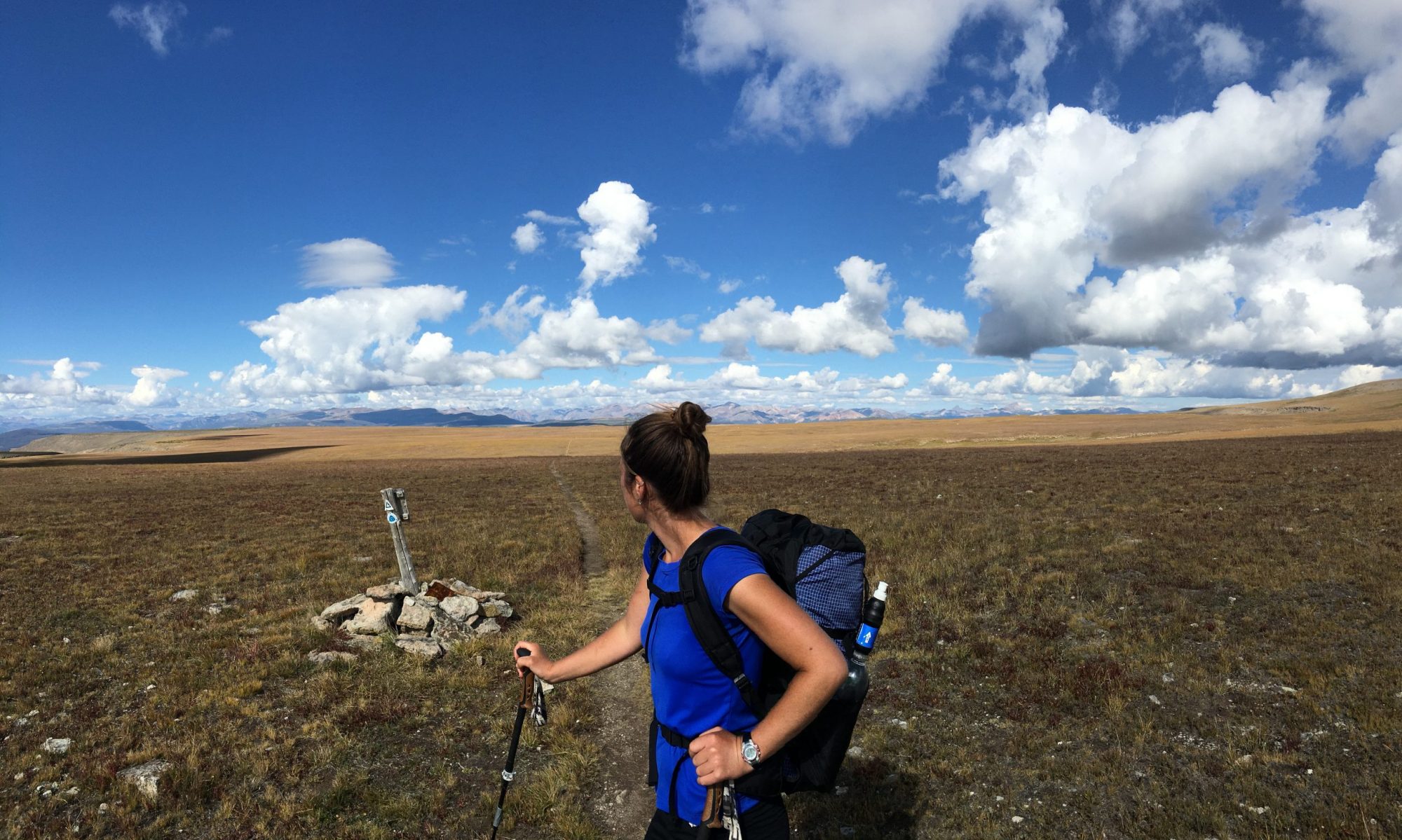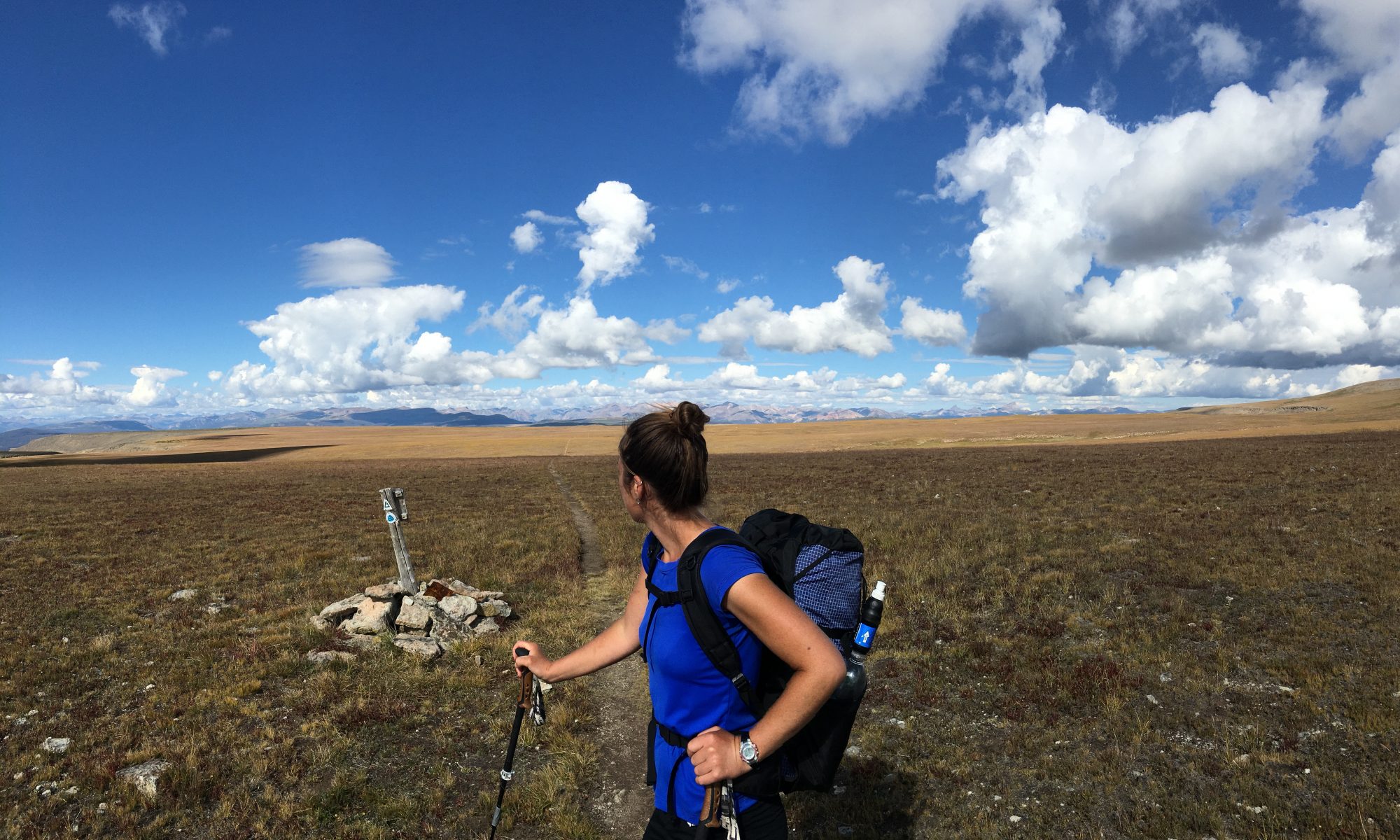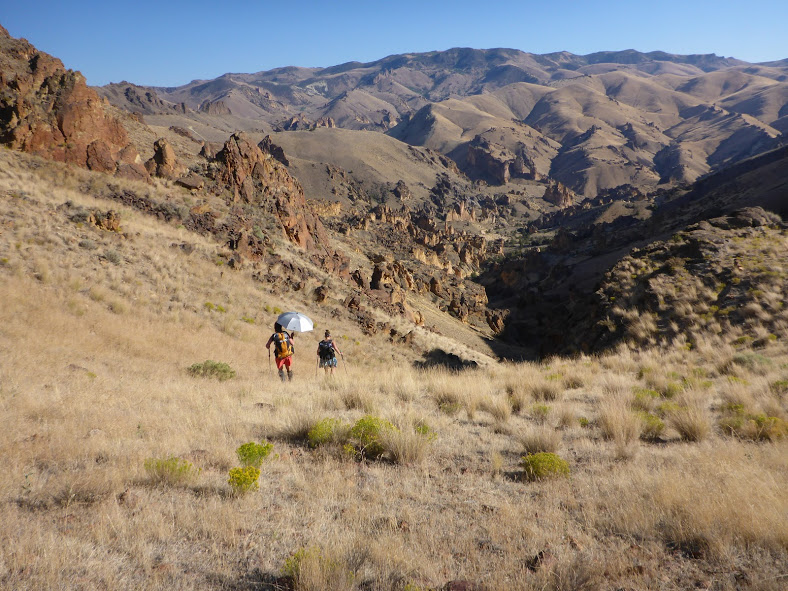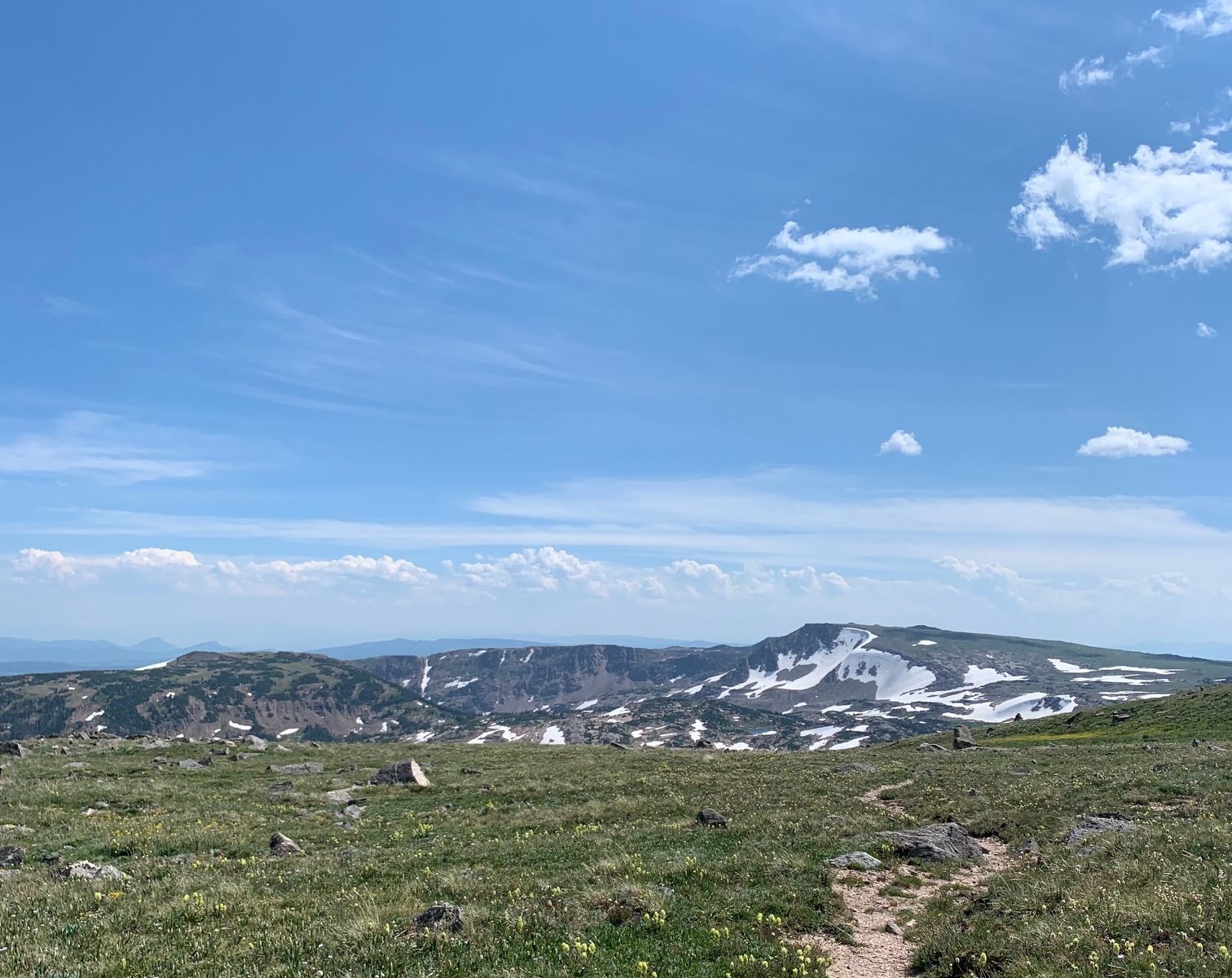Does the following sentiment resonate with you?
“I want to be capable of doing what I love until my last day on Earth.”
I was recently having a conversation with a friend in the long distance hiking community about the concept of being a lifelong adventurer.
This is someone for whom adventure is an essential component of your identity. The adventure itself may take different forms throughout different times in your life, but the underlying spirit remains the same. For the lifelong adventurer, your excursions aren’t a “once in a lifetime” thing. They’re necessary for you to feel fully expressed and self-actualized.
You do your best to get out there summer after summer. Living out of your car. Going days without showering. Well, maybe not living out of your car anymore. Or maybe you are. Either way, no shame in that. You do what you need to do to live a life that is meaningful to you.
While the adventures may look slightly different than they did a decade or two ago, you have no intention of stopping until your last breath. And having the health to do what you love, whether that’s hiking, biking, climbing, or just feeling good running around the yard with your labradoodle, is essential.
This hiking friend was telling me about how after he turned 40, he started noticing that he didn’t have quite the stamina he used to have and that he felt more stiff in the mornings. He’d started taking some supplements we discussed (more on that in a moment) and he shared how it helped him continue to crank out 30-40 mile days and recover faster after back to back to back hard days in the mountains.
Similarly, I worked with a woman who pushed her body running ultras in her early 30s and was now struggling with low motivation and lack of energy during runs and hikes. We developed a protocol to support her adrenals so that she has the energy to keep getting after it for years to come.
It got me thinking about the best ways to care for the body, that precious vessel, so that it’s capable of accessing wild places for decades to come.
Here are 5 keys to keeping your body fit for adventure:
Eat for longevity.
I talk about this topic ad nauseam, so I’ll keep it brief. Focus on whole foods. Include loads of antioxidant rich foods (think fruits & veggies). Keep blood sugar balanced by including fat, protein, and fiber at each meal. Remember, you don’t need to be perfect. Just shoot for 80/20 and know that what you put in your body 3 times per day makes a HUGE difference in how you feel and what you’re capable of in pretty much every area of life.
Manage stress.
Chronically high stress creates chronically elevated cortisol, which wreaks havoc on the mind & body, including weight gain, memory impairment, heart disease, digestive issues, depression, anxiety, and more. Life is wild. One of the kindest things we can do for ourselves is to set aside 10-20 minutes per day for intentional stress relief. Whether that’s a walk in nature, meditation, journaling, or a snuggle with your cat, find what works for you and make space for it.
Supplement wisely.
Nutritionally speaking, we know that the body requires certain levels of nutrients to function optimally. We also know that due to the abundance of nutritionally poor foods available today, many of us do not get the daily requirements of several key nutrients. Furthermore, chronic illness, gut dysbiosis, exposure to toxins, stress, and heavy physical demands on the body all deplete nutrient stores more quickly.
As discussed above in regards to my friends, finding the right supplements to support your body can make a big difference. Getting blood work done is the best way to know where your current levels are and to determine what you may need. However, there are some supplements that can benefit nearly everyone.
I created a whole free guide about this which you can download here. It’s important to note that I’m not a doctor and you should educate yourself and make your own decisions. Side note: I wrote about the supplements I took on the CDT here.
Train in seasons & learn to listen to your body.
I used to run 7-10 miles every single day. That eventually burnt out my adrenals and led to overuse injuries. Looking back, my body was sending me countless signals that it was not happy with what I was doing.
Have different ‘seasons’ for how you train. In the summer you might go harder because the days are longer and the weather is conducive to getting out more. In the winters, you may slow down and give your body time to rest and rebuild. Tune in and honor your body so it will keep going for years to come.
Personalize your approach.
An important component to remaining active and healthy in the long run is learning about your unique body. What foods does your body do best with? What types of exercise? What types of living environments? What supplements? How much social time do you need?
When we’re not doing what’s best for our unique bodies in any of these areas, it can lead to inflammation, which has a cascade of negative effects on the body and is at the root of nearly every chronic disease. Take the time to learn what your body thrives on and honor that.
Aging doesn’t have to be a slow decline into a sedentary life where the highlight of your day is watching the Price is Right (not that there’s anything wrong with that, but the point is that if you want to live an adventurous life, you can!). With a bit of attention and self care, you can absolutely keep doing what you love for the rest of your life.
Your body is incredibly resilient and powerful!







